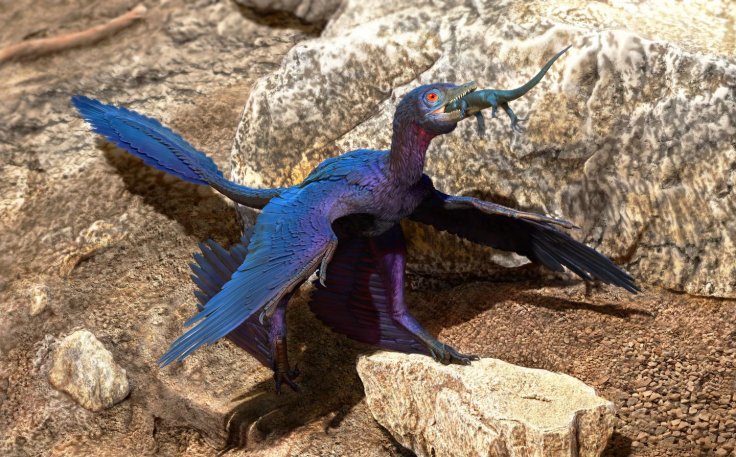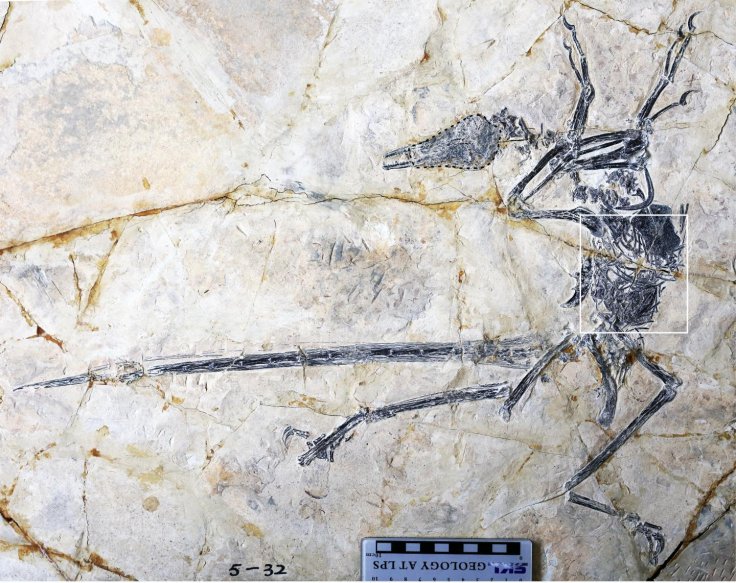
Lad by Prof Jingmai O'Connor from the Institute of Vertebrate Paleontology and Paleoanthropology (IVPP) of the Chinese Academy of Sciences, a team of palaeontologists from the Shandong Tianyu Museum of Nature, have discovered an ancient species from another pre-historic mammal's stomach.
The palaeontologists stated in their study which was published in Current Biology the team of researchers found a new specimen of the volant dromaeosaurid Microraptor zhaoianus, as well as a well preserved almost complete lizard in its stomach.

As per the team, this ancient lizard, named as Indrasaurus Wangi, represents a new species and was named after Prof WANG Yuan from IVPP, who is also director of the Paleozoological Museum of China and has been in charge of numerous exhibitions of Chinese fossils.
However, it should be noted that the lizard's first name Indrasaurus was inspired by Vedic legend in which Hindu god Indra was swallowed by a dragon during a battle and in this present study, the Microraptor was referred as the mythological dragon.
As per the research, the newly found ancient lizard had teeth unlike any other previously known from the Jehol Biota and the characteristics suggest a unique diet for this new species.
The Microraptor is now known to have fed on mammals, birds, fish and lizards. The findings showed that the lizard is nearly complete and articulated that means it was swallowed whole and the head first, meaning that the predator fed in a manner similar to living carnivorous birds and lizards.
However, it should be noted that there are now 20 predator-prey relationships documented through direct evidence of stomach contents and the authors used this relationship to reconstruct the first Jehol food web.









